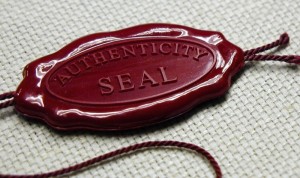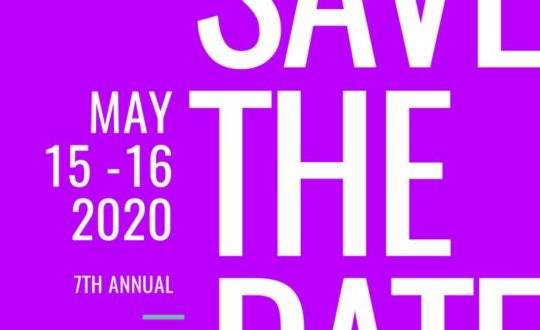 What does it mean to be authentic?
What does it mean to be authentic?
“Authenticity,” as defined about 13 years ago by psychologists Brian Goldman and Michael Kernis, is “the unimpeded operation of one’s true or core self in one’s daily enterprise.”
At its root, authenticity requires self-knowledge and self-awareness. Authentic people accept their strengths and weaknesses. They are accountable. They are connected to their values and desires and act deliberately in ways that are consistent with those qualities.
Authenticity is about being genuine and real, says Mike Robbins, a corporate trainer and the author of Be Yourself, Everyone Else Is Already Taken. It allows us to connect deeply with others because it requires us to be transparent and vulnerable.
“It is important because it liberates us from the pressures of always trying to be something else, always trying to be perfect,” Robbins says.
Robbins began exploring authenticity and his own sense of self nearly 15 years ago, after an injury derailed his major league baseball career.
“It was a sad and painful way to learn to appreciate what I have,” he says. “I had to discover who I was if I was no longer a baseball player.”
Self-awareness is the cornerstone of authenticity
Authenticity starts when you set the intention to be genuine. Then, there must be an awareness of what that looks and feels like, and a willingness to act in accordance with your genuine nature even when it feels vulnerable.
When you live with this kind of self-awareness, decisions are easier because you are free to choose things that move you closer to your values. You are able to stand in the presence of your imperfections, because you can accept your humanity. You can also embrace your talents and abilities.
Authenticity may also require you to make unpopular decisions or to acknowledge aspects of yourself that you’d rather hide away, but in the end it allows you to live a more open, honest and engaged life.
This seemingly intangible quality of authenticity, then, has very tangible outcomes. Authentic people feel better, according to research by Kernis, Goldman and others. They are more resilient, less likely to turn to self-destructive habits for solace. They tend to be purposeful in their choices and more likely to follow through on their goals.
If, instead, you find yourself feeling fragmented, unhappy, bored, stressed, stuck or uninspired, it could be a sign that you aren’t acting authentically. That’s something you can change right now.
Creating an authentic life
Here are five ways to get started:
1. Redefine your values. It’s hard to behave in an authentic way if you do not know what you value and desire. Often, we hold tight to the same values we grew up with, when we need to reevaluate what feels right to us now and align our actions around those things. Get clear on what you care about and authenticity will take hold.
2. Foster an open mind. Authenticity flourishes when we experience the world wholly, from every perspective. Rigid, good/bad thinking keeps us trapped in judgment and limitation, which causes us to shut down our vulnerable, authentic self. Challenge yourself to look at all sides of the situation. Be open.
3. Fill in the blank: If you really knew me you’d know this: ___________. This is a prompt Robbins gives to seminar participants. Not only does it prompt introspection and allow people to reveal essential aspects of themselves, it also builds trust, credibility and confidence with the person you are sharing it with. Authenticity does sometimes feel scary and vulnerable, but it also builds intimacy.
4. Notice when you are being inauthentic. Robbins suggests that you pay attention to those times when you are insincere in your speech, or when you are acting in a way that doesn’t align with your core values. Then explore the fears and beliefs that may create those barriers to your authenticity.
5. Trust your intuition. Often, we feel out of sync when we are acting inauthentic. Things just don’t feel right. Pay attention to those hunches, physical sensations and impressions. They can be your instincts telling you that you are not being genuine. When you are on track and authentic, you’ll feel that too.
I felt at ease and in flow when I left public relations behind a year later to write full-time. Finally, I was truly myself. Authentic. And, while the writing business has blossomed, I’m still learning how to live authentically even 20 years later. That journey is ever-shifting as I learn more about myself.
“Who we are evolves and changes,” Robbins says. “This is a dynamic process and one we can keep moving into at deeper levels. Feel that, pay attention to that. This is less about a destination than a journey of going deeper to keep discovering and unfolding new pieces of ourselves as we go.”
The above [b]log post is from Polly Campbell. Polly is a professional speaker and the author of Imperfect Spirituality: Extraordinary Enlightenment for Ordinary People and How to Reach Enlightenment. She is also a blogger at imperfectspirituality.com, The Huffington Post and Psychology Today.

